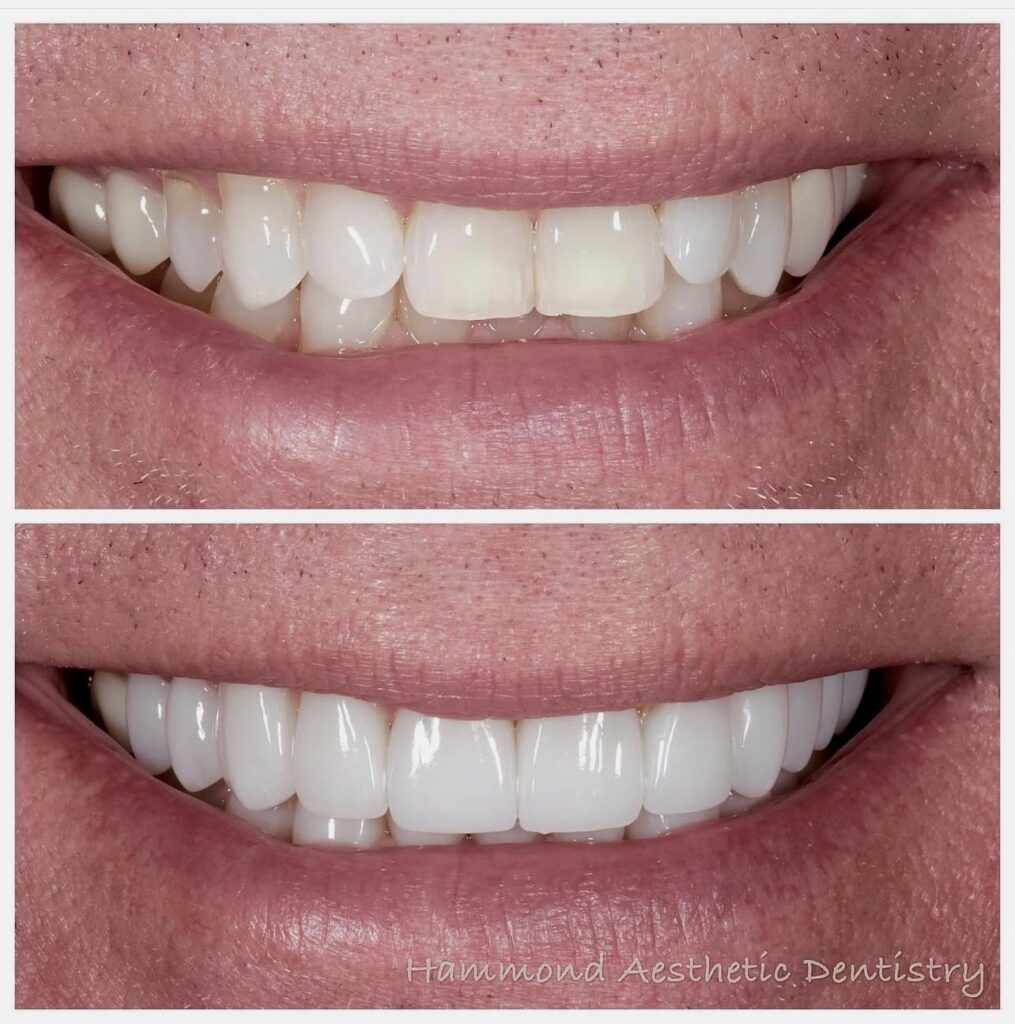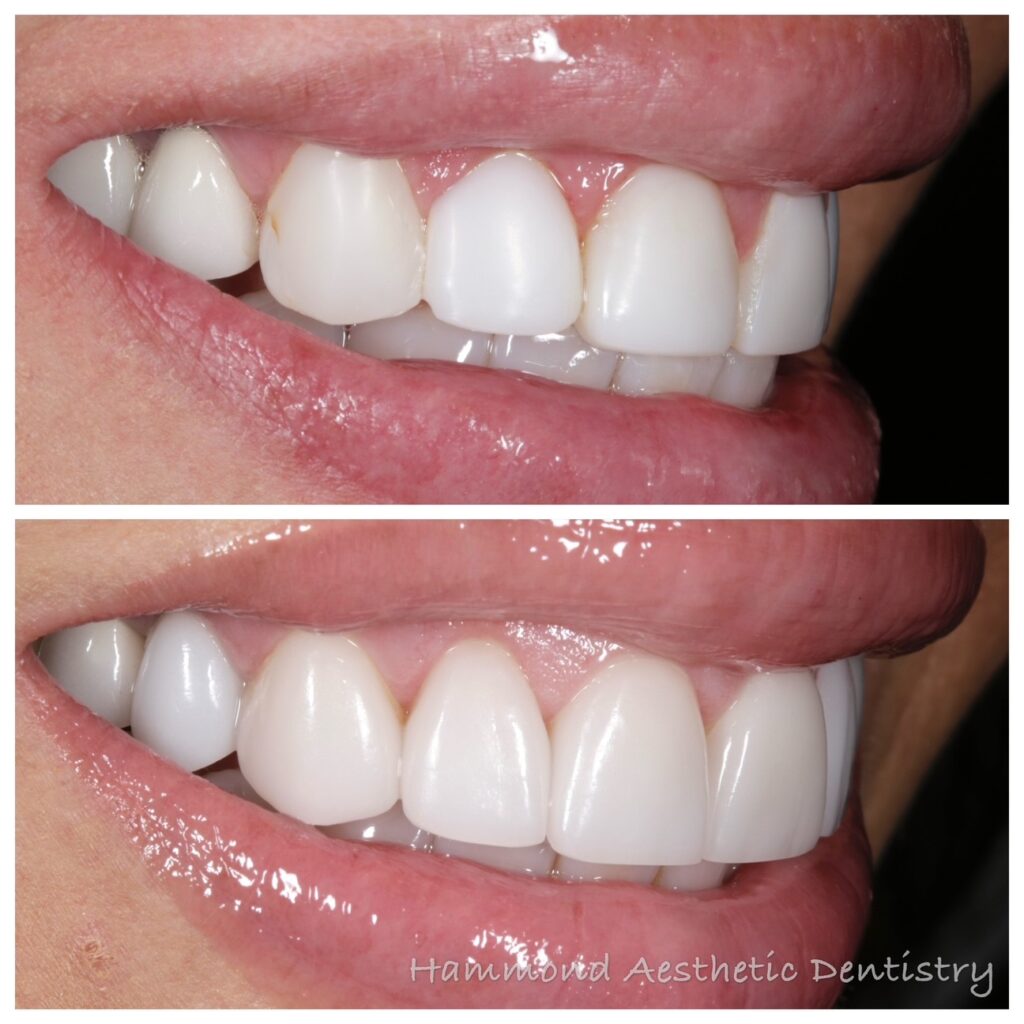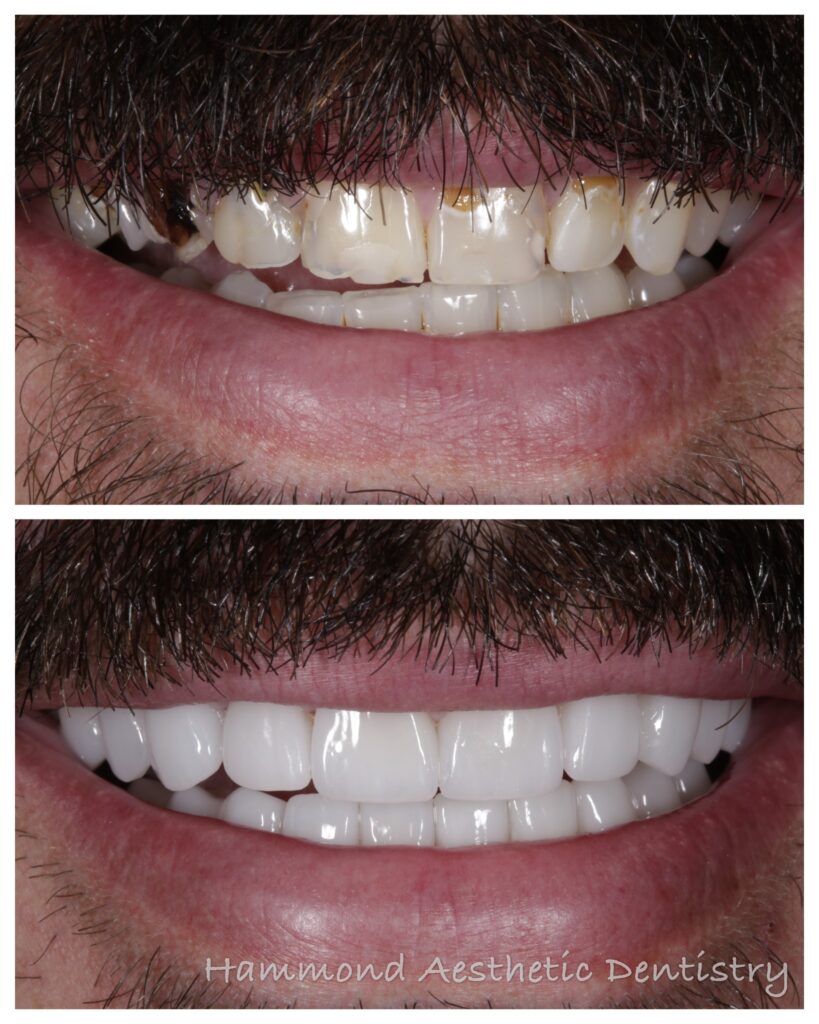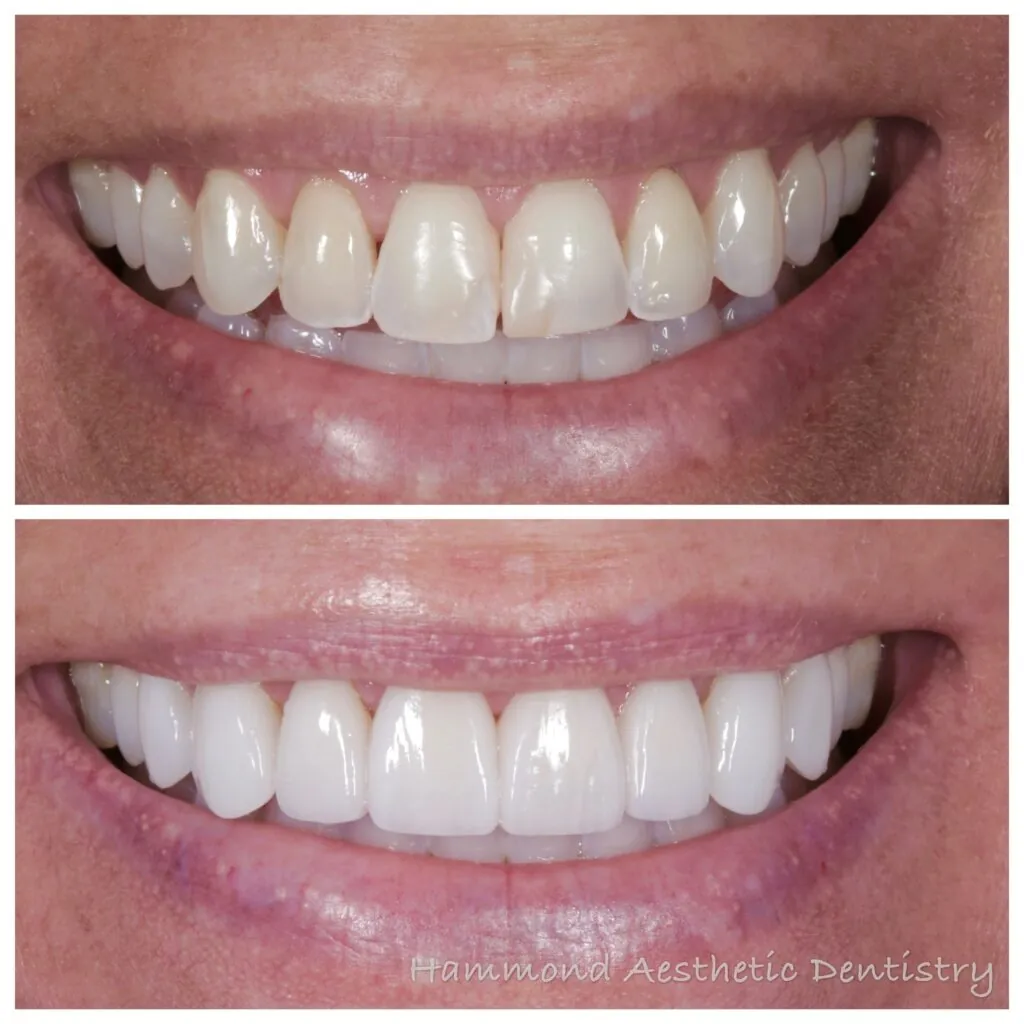Taking Vitamin C? Tell Your Dentist
Alternative medicine isn’t so alternative anymore. Once dismissed as a fad or fringe movement, alternative medicine has become an increasingly popular component of mainstream health care, including dentistry.
But patients need to use caution when using any alternative, “natural” treatments, including herbal supplements, according to an article in General Dentistry, the peer-reviewed journal of the Academy of General Dentistry, an organization of general dentists dedicated to continuing education.
“‘Stop, look and listen’ applies to the health food counter as much as the intersection,” says Academy spokesperson Eric Z. Shapira, DDS, MAGD. Most patients neglect to include vitamins and herbal remedies when listing their medications for their dentist or physician. But even the most common herbs, such as St. John’s Wort and Ginko Biloba can cause serious health problems if taken in combination with other drugs, or taken in extreme dosages.
“People think herbs are harmless because they are considered ‘natural,’ and they think, if one is good, 10 are better,” Dr. Shapira said. But overdoing it with supposedly safe herbs can cause health problems as serious as internal bleeding and heart arrhythmia, Dr. Shapira warns.
He also points out that all drugs are natural. “Almost all medicines start out as plants, but established drugs have the benefit of being standardized and regulated by the Food and Drug Administration,” he says. Herbal medications are not standardized or regulated in any way.
Dr. Shapira urges patients to be well informed before taking any herbal concoction or embarking on an alternative therapy such as acupuncture, chiropractic or even aromatherapy. That means more than reading the manufacturers’ promotional material or Internet sites.





